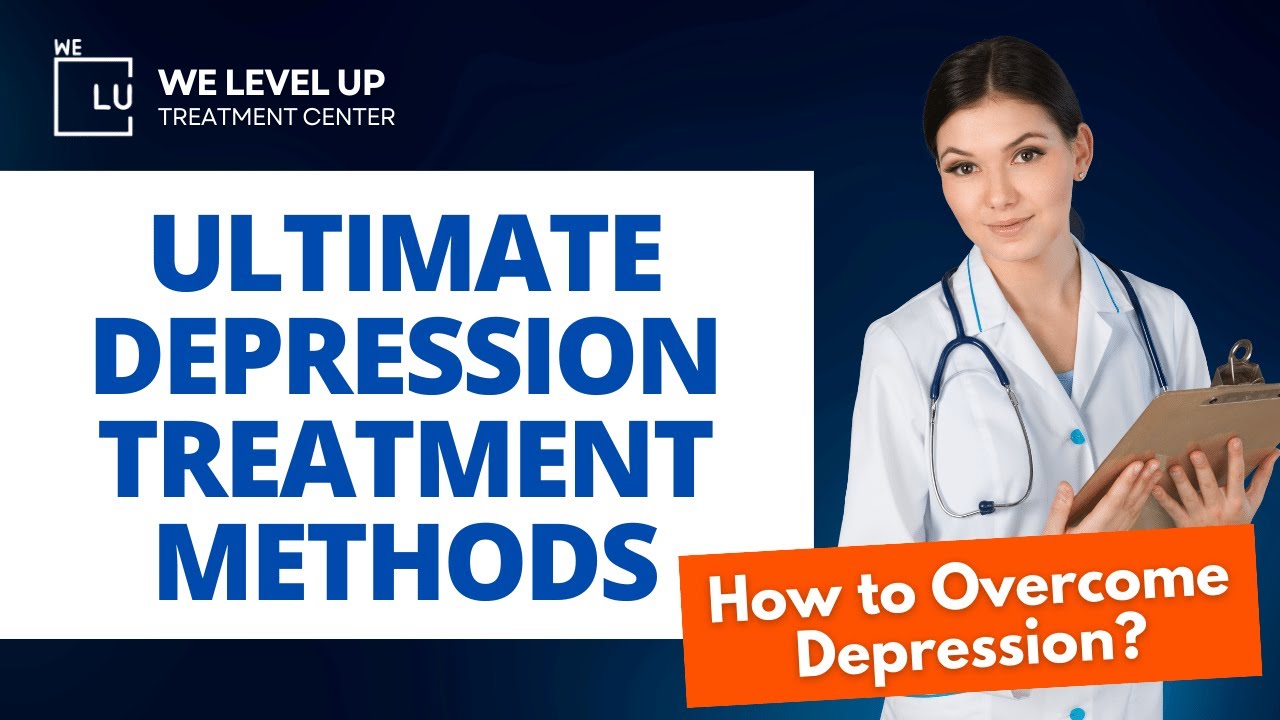When are you considered an alcoholic?
If you’re drinking excessively and more often, you may ask yourself when are you considered an alcoholic? When looking at your own drinking behavior, it can be difficult to gauge whether the amount and frequency of such use are considered relatively “safe” levels of drinking or has already crossed into the more problematic territory—that which might place you at higher risk of developing an alcohol use disorder (AUD) or alcoholism.
This chronic, relapsing alcohol use disorder is diagnosed based on an individual meeting certain criteria outlined by the Diagnostic and Statistical Manual of Mental Disorders (DSM-5). Individuals must meet any two of the below criteria within the same 12-month period to be diagnosed with AUD:
Alcohol Use Disorder DSM 5 Criteria
- Spending a lot of time obtaining, using, and recovering from the effects of alcohol.
- Cravings, or a strong desire to use alcohol.
- Being unable to cut down on alcohol use despite a desire to do so.
- Continuing to abuse alcohol despite negative interpersonal or social problems that are likely due to alcohol use.
- Using alcohol in physically dangerous situations (such as driving or operating machinery).
- Drinking more or for a longer time than originally intended.
- Continuing to abuse alcohol despite the presence of a psychological or physical problem that is probably due to alcohol use.
- Being unable to fulfill major obligations at home, work, or school because of alcohol use.
- Giving up previously enjoyed social, occupational, or recreational activities because of alcohol use.
- Having a tolerance (i.e. needing to drink increasingly large or more frequent amounts of alcohol to achieve the desired effect).
- Developing symptoms of alcohol withdrawal when efforts are made to stop using alcohol.
What is Considered an Alcoholic?
Alcoholism, now known as alcohol use disorder, is a condition in which a person has a desire or physical need to consume alcohol, even though it has a negative impact on their life. In the past, a person with this condition was referred to as an “alcoholic.” However, this is increasingly seen as an unhelpful and negative label. Health professionals now say that a person has an alcohol use disorder (AUD). [1]
What Causes Alcoholism?
Approximately 17 million adults ages 18 and older have an alcohol use disorder (AUD) and 1 in 10 children live in a home with a parent who has a drinking problem. [2] Alcoholism occurs when you drink so much that your body eventually becomes dependent on or addicted to alcohol. With this alcohol dependence, you will continue to drink even when drinking causes negative consequences, like losing a job or destroying relationships with people you love. Therefore, we suggest that if your condition is severe, you may need to seek alcoholism treatment at an inpatient facility.

What’s the Difference Between Casual Drinking and Alcohol Abuse?
The Dietary Guidelines for Americans recommend that adults of the legal drinking age can choose not to drink, or to drink in moderation by limiting intake to 2 drinks or less in a day for men or 1 drink or less in a day for women, on days when alcohol is consumed. The Guidelines also do not recommend that individuals who do not drink alcohol start drinking for any reason and that if adults of legal drinking age choose to drink alcoholic beverages, drinking less is better for health than drinking more. [3]
There are some people who should not drink any alcohol, including those who are:
- Younger than age 21
- Pregnant or may be pregnant
- Driving, planning to drive, or participating in other activities requiring skill, coordination, and alertness
- Taking certain prescription or over-the-counter medications that can interact with alcohol
- Suffering from certain medical conditions
- Recovering from alcoholism or are unable to control the amount they drink
By adhering to the Dietary Guidelines, you can reduce the risk of harm to yourself or others. People who abuse alcohol may deny a problem, but there are ways to recognize alcohol abuse in others. People who abuse alcohol may drink often and experience family, work, or school problems because of drinking. However, they may downplay their drinking or lie about the amount of alcohol they consume.
Signs You Have a Drinking Problem

When are you considered an alcoholic? The symptoms are based on the behaviors and physical outcomes that occur as a result of alcohol addiction. If you are an alcoholic, you may engage in the following behaviors:
- Making excuses to drink
- Neglecting personal hygiene
- Being unable to control alcohol intake
- Missing work or school because of drinking
- Drinking more to feel the effects of alcohol
- Becoming violent or angry when asked about their drinking habits
- Continuing to drink even when legal, social, or economic problems develop
- Giving up important social, occupational, or recreational activities because of alcohol use
You may also experience the following physical symptoms:
- Alcohol cravings
- Lapses in memory (blacking out) after a night of drinking
- Tremors (involuntary shaking) the morning after drinking
- Withdrawal symptoms when not drinking, including shaking, nausea, and vomiting
- Illnesses, such as alcoholic ketoacidosis (includes dehydration-type symptoms) or cirrhosis
Alcohol Abuse Risks & Complications
There will be a physical exam and questionnaire about your drinking habits for you to be diagnosed with alcoholism or alcohol use disorder. There is a chance also that your doctor may order blood work to check your liver function, and if you show signs or symptoms of liver disease. In fact, alcoholism can cause serious and lasting damage to your liver. Your liver is responsible for removing toxins from your blood. When you drink too much alcohol, your liver has a harder time filtering the other toxins from your bloodstream, and the alcohol itself.
As alcoholism can also lead to other health complications, including:
- Alcohol-Induced Dementia
- Depression
- Nerve damage
- Pancreatitis (inflammation of the pancreas)
- Cancer in the gastrointestinal tract
- Bleeding in the gastrointestinal tract
- High blood pressure
- Damage to brain cells
- Changes in mental status, including Wernicke-Korsakoff syndrome (a brain disease that causes symptoms such as confusion, vision changes, or memory loss)
You may be at a greater risk for alcohol addiction if you are:
- Having low self-esteem
- Experiencing a high level of stress
- A young adult experiencing peer pressure
- Having a close relative with alcohol use disorder
- Living in a family or culture where alcohol use is common and accepted
- Suffering from a mental health problem, such as depression, anxiety, or schizophrenia
- Drinking more than 5 drinks per day at least once a week or also known as binge drinking
Alcoholism develops when you drink so much that chemical changes in the brain occur. Given that, these changes increase the pleasurable feelings you get when you drink alcohol. It will make you want to drink more often, even if it causes you harm. Eventually, the pleasurable feelings associated with alcohol use go away and the person with alcohol use disorder will engage in drinking again to prevent withdrawal symptoms. Furthermore, alcohol use disorder typically develops gradually over time. In addition, it is known to run in families.
How to get help
If you are an alcoholic, your very first step in recovery should be to medical alcohol detox in a safe and medically supervised setting. We Level Up TX Detox center medically assist patients to clear their systems of addictive substances, such as alcohol.
For anyone who suffers from addiction, just the thought of having to stop using can cause severe mental distress. But, with the help of a medical detox center, the medical detox process is managed. A comprehensive team prescribing medications can alleviate your alcohol withdrawal pains while monitoring your health 24 hours. Assuring both your safety and comfort.

Once detox is complete, a new doorway in treatment opens up, which is referred to as a residential level of care. Our residential care program slowly and effectively introduces the individual into an atmosphere of therapeutic growth, marked by master’s level therapists, clinicians, group counselors, psychiatrists, and a community of like-minded individuals with the same aim: to attain sobriety and live a great life. [4]
Our treatment center is a multi-faceted drug, alcohol, and mental health treatment center with a dual diagnosis program. Our team uses evidence-based proven methods to generate cutting-edge solutions to substance abuse and behavioral health challenges targeted towards families and individuals. We work to improve the health of the public and of individuals from every treatment opportunity. This includes constant research and innovation on substance abuse and mental health treatment models paired with individuals in a conducive environment.
Furthermore, recovery at We Level Up TX treatment center utilizes a multidisciplinary and multidimensional approach. We incorporate a variety of proven treatments that provide you or your loved one with opportunities for the most optimal treatment outcome: long-term sobriety. Our treatment focuses on symptom reduction, as well as the development of healthy coping skills, and spiritual growth, in order for our guests to attain an independent life that is filled with purpose, health, hope, and fulfillment. We Level Up TX also includes evidence-based therapeutic practices and offers support to family members and loved ones, friends, and the community at large.
If you or someone you love is seeking a safe, secure, and compassionate resource to answer when are you considered an alcoholic, We Level Up TX is here for you. Call us and speak with an addiction counselor today about our levels of care.
Sources:
[1] What is alcohol abuse disorder, and what is the treatment? – https://www.medicalnewstoday.com/articles/157163#_noHeaderPrefixedContent
[2] National Institute on Alcohol Abuse and Alcoholism
[3] Alcohol Use and Your Health – https://www.cdc.gov/alcohol/fact-sheets/alcohol-use.htm
[4] We Level Up – Addiction » How to stop drinking alcohol





